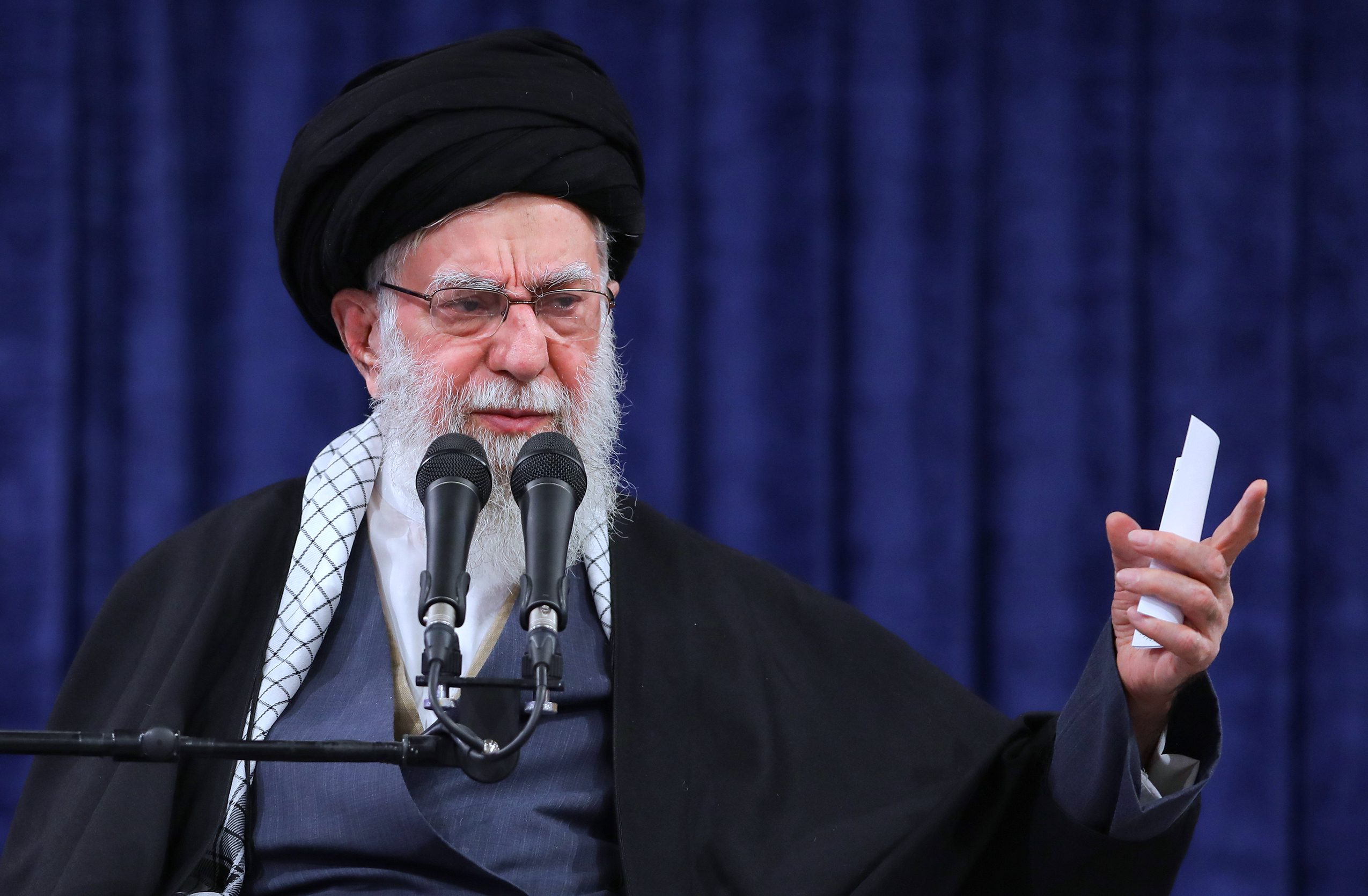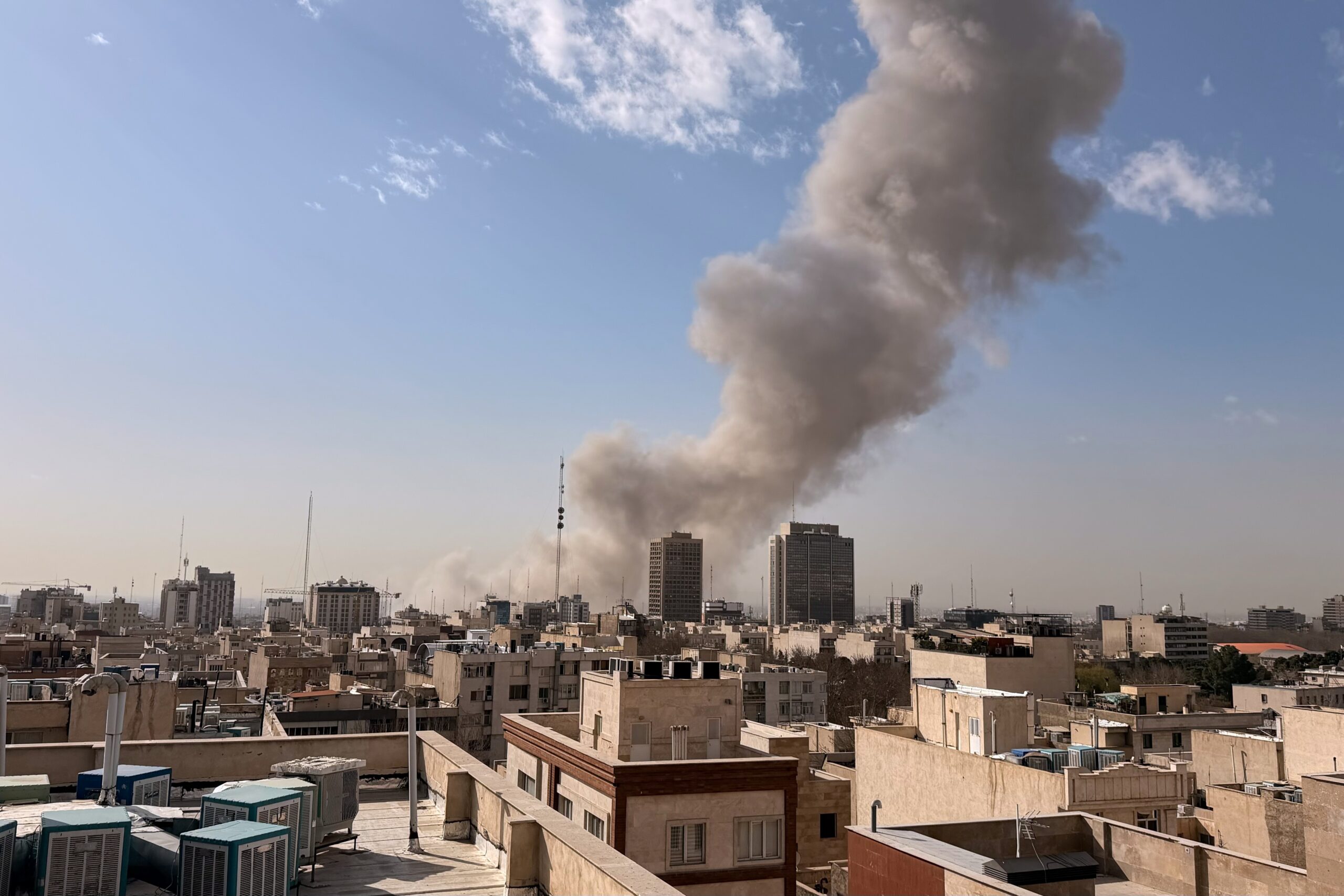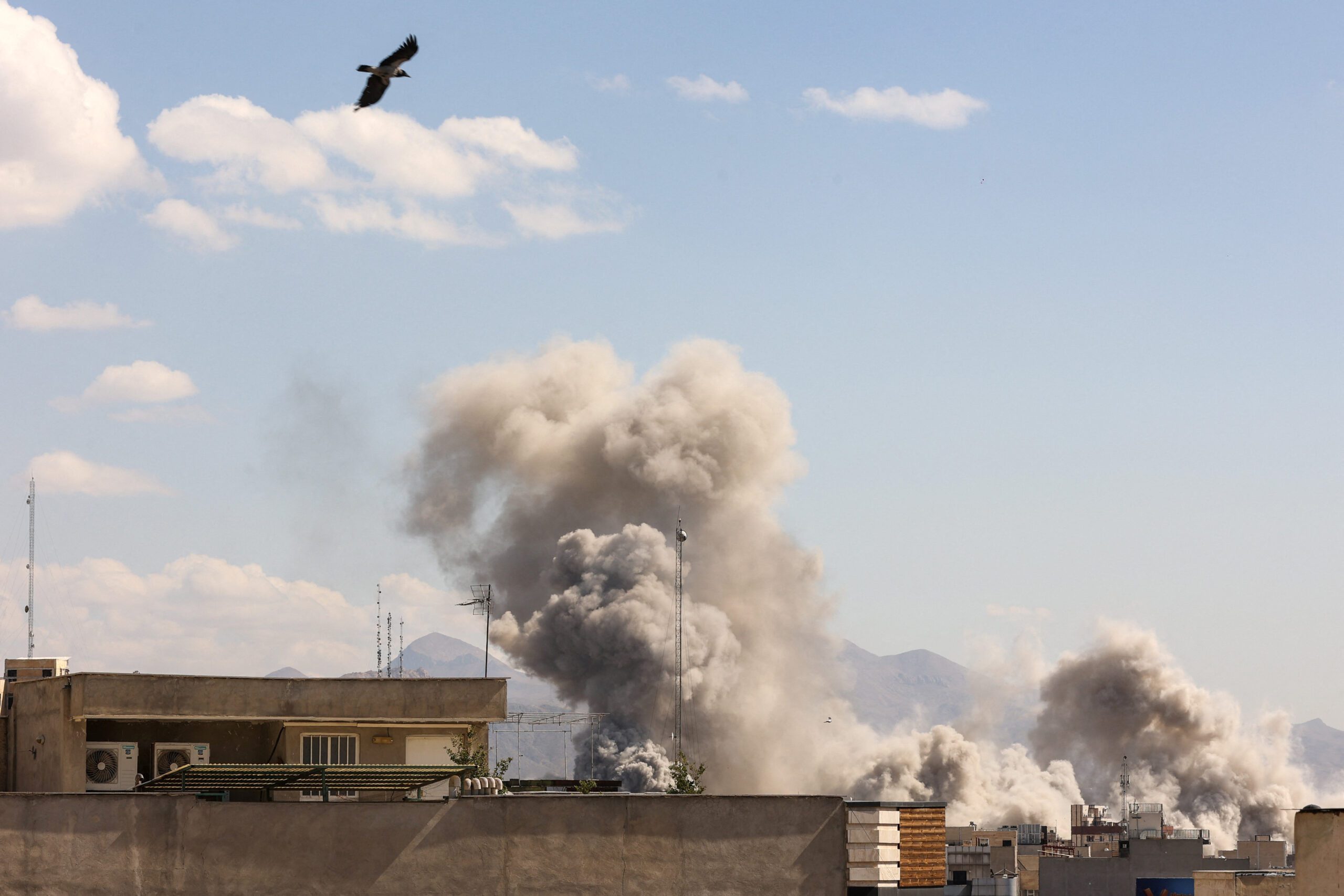Iran Media Review
Mar 4, 2025
Sazandegi Comments on MBC’s “Muawiya” Ramadan Series
The March 4 edition of the Iran Media Review explores an Iranian newspaper’s accusation that the plot of a new Saudi Ramadan series is historical revisionism.
The technocratic daily newspaper Sazandegi rarely wades into cultural debates, but, sensing that Riyadh is using the Saudi media giant MBC’s Ramadan series “Muawiya” as a vehicle for soft power, the paper is sounding the alarm on what it sees as historical revisionism.
- March 3: Technocratic newspaper Sazandegi’s Golawizh Naderi weighed in on Saudi MBC’s new Ramadan series, “Muawiya,” drawing a pointed comparison to the 2024 Egyptian production “The Assassins”:
- “Last year, the Egyptians broadcasted ‘The Assassins,’ delving into the Fatimid Caliphate and leader of the Assassins, Hasan-i Sabbah. The series stirred controversy while also scoring high ratings. Infamous for assassinations, the Egyptians delivered a friendlier depiction of Sabbah more to their liking to present him as an influential leader in the history of Islam. Iran banned the series over its historical revisionism, but due to the highly influential nature of the series, nobody can change the image created in the minds of viewers in Asia, North Africa, and in the rest of the Islamic world.”
- “This Ramadan, MBC is rolling out a lavish and contentious historical epic that has the potential to reignite sectarian tensions between Shia and Sunni communities. ‘Muawiya,’ carrying a staggering $100 million price tag, delves into one of the most tumultuous chapters of Islamic history – tracing the great sedition and the succession struggle following” the death of the third Caliph “Uthman ibn Affan, the caliphate of Imam Ali, peace be upon him, and the events leading up to the martyrdom of Imam Hussein in Karbala as well as the battles of the Camel and Siffin,” referencing historical battles seen as the beginning of the split between Shia and Sunni Islam. “The series takes on the task of reimagining and providing a positive depiction of Muawiya ibn Abi Sufyan, a figure long regarded as controversial in the history of Islam. While historical accounts paint Muawiya as a relentless adversary of the members of the household,” of the Prophet Muhammad, “chronicling his betrayals in multiple wars against the rightful imam and caliph of the time, His Holiness Imam Ali, peace be upon him, his reneging on a peace accord with Imam Hasan,” referencing Imam Ali’s son and successor, “peace be upon him; and his introduction of innovations that ran counter to the prophetic tradition – the series instead casts him as a shrewd and influential leader, a revisionist approach that has not gone unnoticed.”
- “Scholars at Egypt’s Al-Azhar University have issued a fatwa forbidding its viewing, while Saudi Arabia’s Council of Senior Scholars has reiterated its long-standing opposition to the depiction of the Prophet Muhammad’s disciples on screen.”
The views represented herein are the author's or speaker's own and do not necessarily reflect the views of AGSI, its staff, or its board of directors.


















